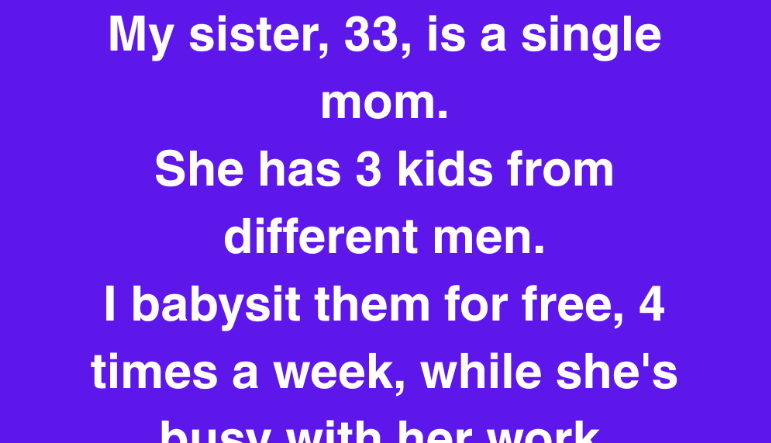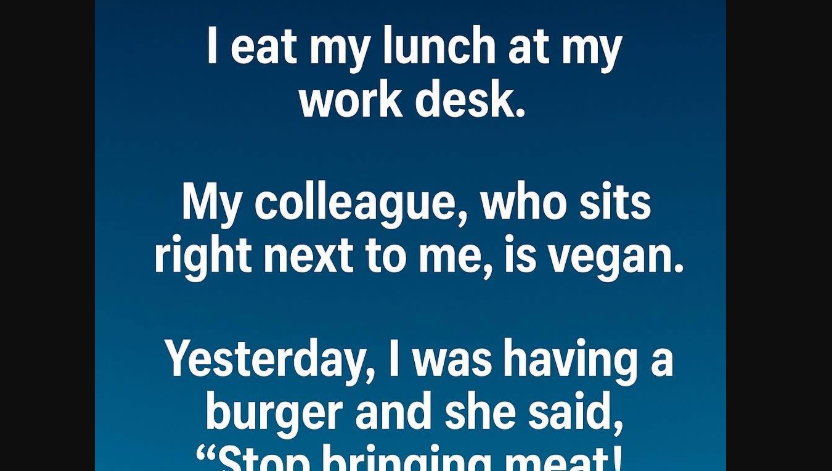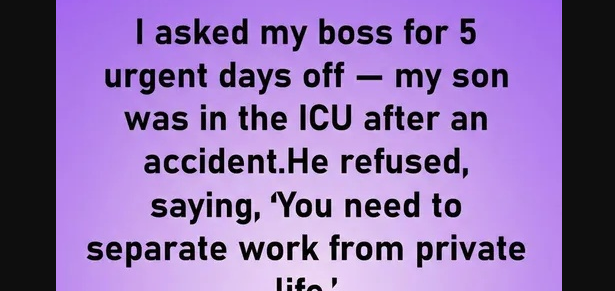My sister, 33, raises three kids on her own, each with a different father. I step in to babysit four times a week, offering my time without charge.
One afternoon, my 5-year-old nephew tugged at my sleeve and said, “Auntie, I saw Mommy tuck your shiny money box under the couch.”
My heart stopped. He was talking about my silver cash tin—the one I’d stashed in my closet to save for a used car. When I looked, it was missing.
I sent my sister a message: Me: “Hey, did you move my silver box?” Her: “No clue. Maybe the kids grabbed it?”
Her words didn’t add up. Days later, she appeared with a new designer handbag, freshly manicured nails, and a vibrant hairstyle, saying she was “finally feeling free.”
Meanwhile, I was stretching my budget with peanut butter sandwiches.
I calculated the loss. The tin held $3,400. All gone.
Then, a daycare worker called to thank me for settling my niece’s overdue balance—$600. I hadn’t paid it. My sister had used my money and claimed it was from me.
That evening, I faced her. No kids. Only us.
She didn’t dodge the truth. “I needed help,” she said. I replied, “Then talk to me. Don’t take what’s mine.”
Her face hardened with resentment. “You think I don’t deserve anything nice?” I stayed silent, reeling from how she’d used my name to mask her actions.
A week later, one of her exes called. “She said you’re suing her for child support fraud.” I wasn’t. That’s when it hit me—she was leveraging my name everywhere.
I wrote letters to her kids: “Auntie loves you. I need a little time right now.” I included some stickers. Writing those words hurt deeply.
To rebuild, I took a part-time tutoring job. Money was tight, but my home felt calm.
Then she showed up at my door—no makeup, no lashes, eyes red and puffy. “I messed up,” she admitted. “I’m being audited. Someone reported me for claiming daycare payments I didn’t make.”
Her tears were soft, exhausted, not performative.
“I used your name because people trust you,” she murmured. “You’ve always been the reliable one.”
Those words stung more than the theft.
I offered her one opportunity. We created a plan—budgeting, job hunting, support groups. I resumed helping with the kids, but only twice a week. No more enabling her choices.
Two months later, she sold the designer bag and repaid me $200. It wasn’t everything, but it was a beginning.
She found work driving seniors to appointments. One client gifted her an old Honda as a gesture of gratitude.
“Maybe this is a fresh start,” she said.
Today, things aren’t flawless. We still argue at times. But the kids slip me thank-you notes, their crayons scribbling love. Her oldest, now 8, handed me one that read: “Mom’s working really hard. I see it.”
I cried in my car after reading it.
People can grow—but only if they choose to. Sometimes, love means giving them space to find their footing.
When they do? You’ll know when to walk alongside them again.
If this story touched your heart, share it. Someone out there might need encouragement for their own fresh start.






